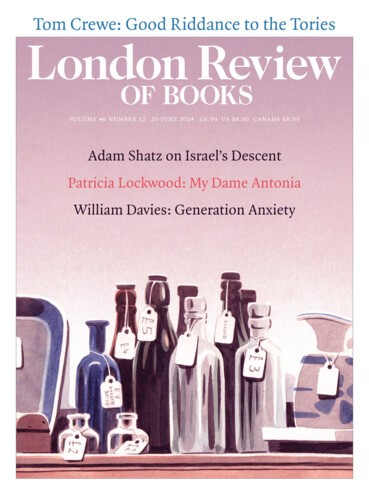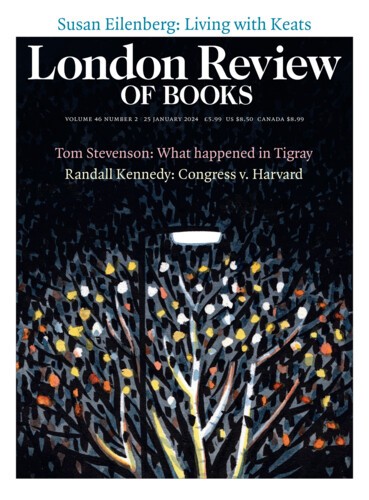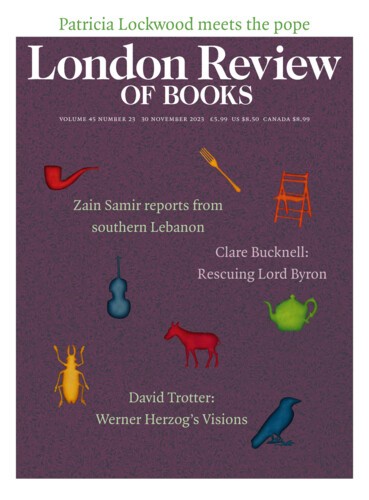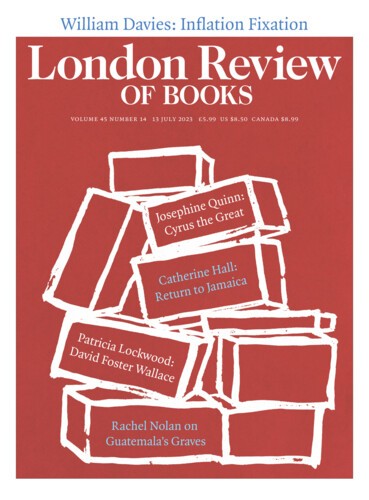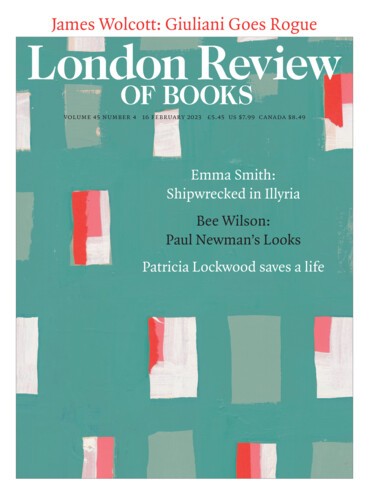Isn’t that . . . female? My Dame Antonia
Patricia Lockwood, 20 June 2024
An eldest sister was born in the North, daughter of a judge who never lied and a scholar who always did. That was A.S. Byatt. Christened Susan, what on earth, she was later known as Dame Antonia. Byatt wrote about sugar and snails and sex cults and the dead children of children’s book authors. She wrote about William Morris and Mariano Fortuny. She wrote about Cambridge, where she and...
